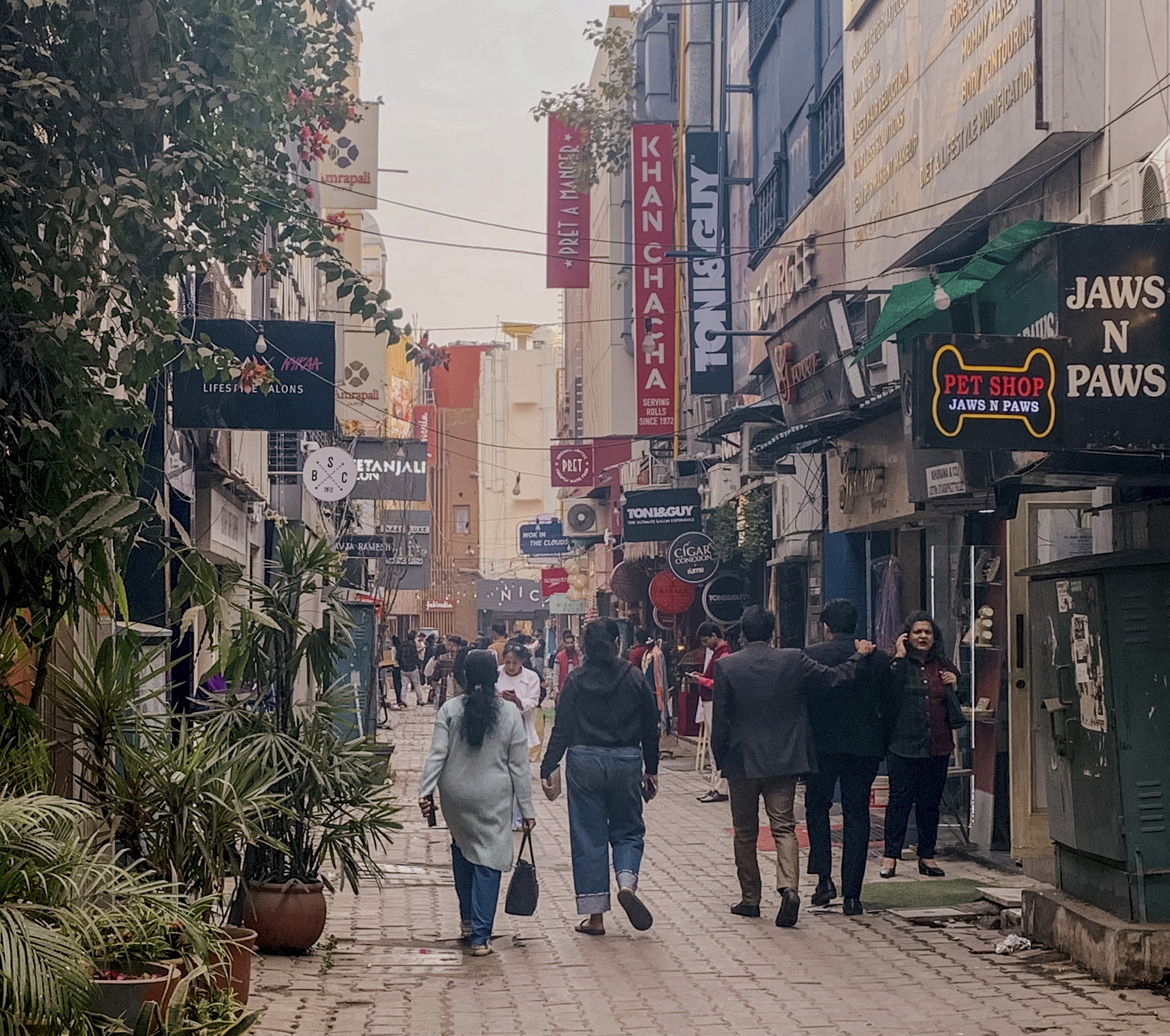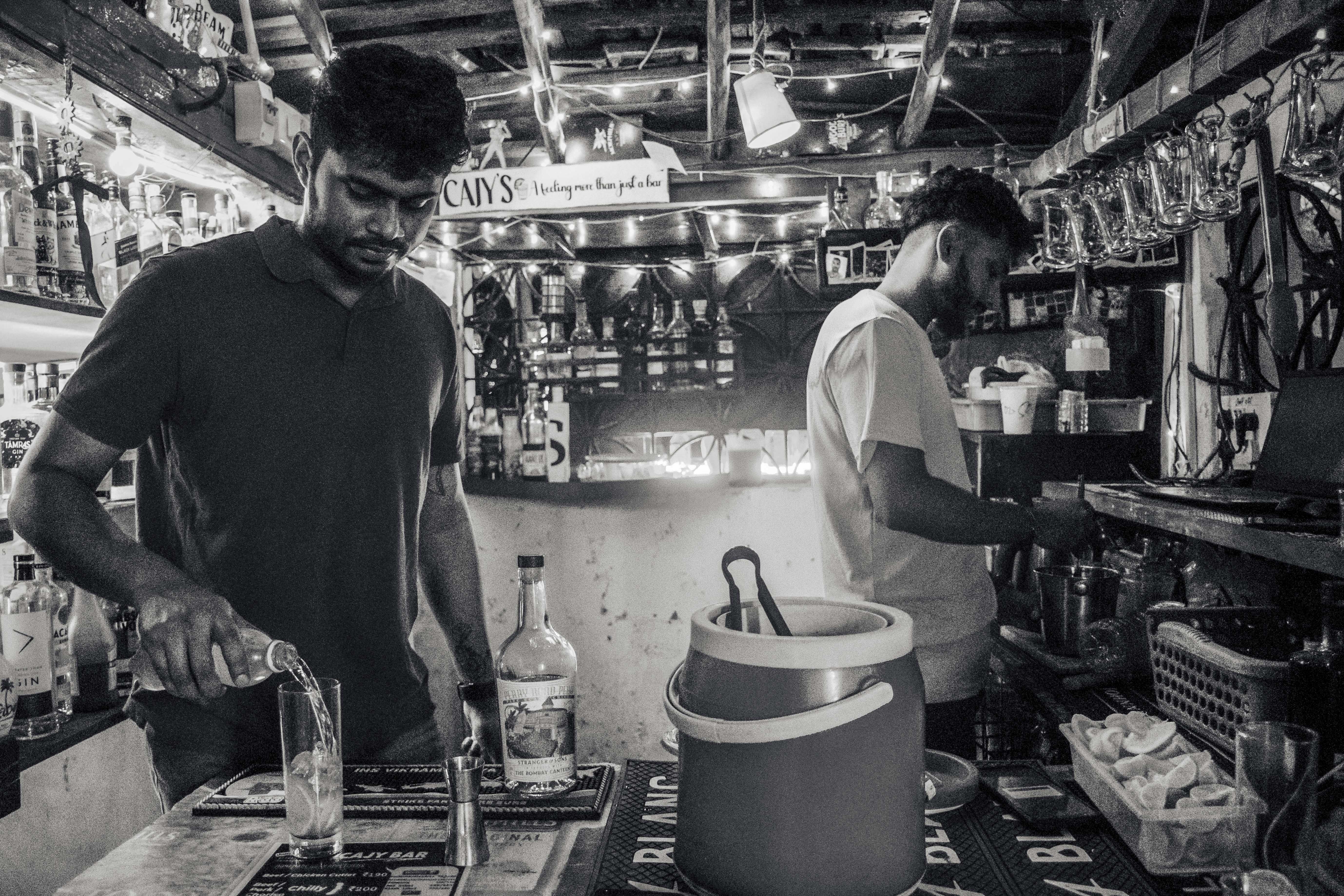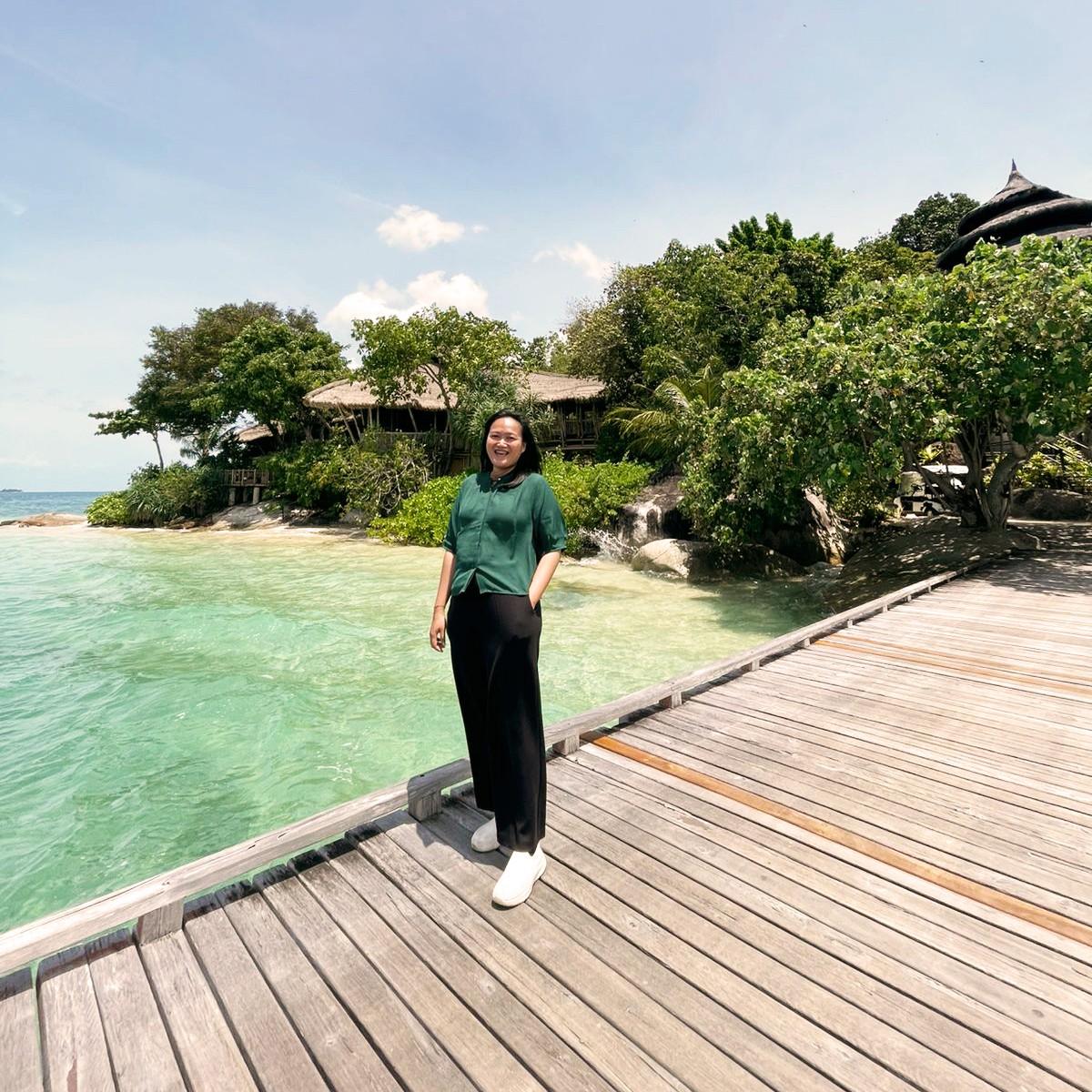Kutch, in western India’s Gujarat, is a land shaped by centuries of trade and migration, where African, Middle Eastern and Indian cultures converge.
✦
In this arid landscape, communities transform limited resources into vibrant crafts that reflect both tradition and innovation. The design motifs they use, rooted in the ancient Harappan civilisation, continue to evolve through the skill and creativity of local artisans.
From textiles and embroidery to woodwork and pottery, Kutch’s artistry tells stories of heritage, resilience and identity, offering a captivating glimpse into a culture where creativity and community thrive against the odds of nature.
When I first visited Kutch, I knew little about the artisans, and my initial instinct was sympathy. But that changed the moment I met them.
Their work, rooted in skill, tradition and sustainability, speaks for itself, reflecting a life lived with dignity and purpose.

The village unfolds in sunlight, homes simple and uncluttered. Here life is stripped down to essentials: people, work and a deep sense of belonging.

In Kutch, the ritual of colour is slow, deliberate and poetic. Fabrics emerge from dye like fragments of history, bearing the imprint of countless hands and untold stories.
What struck me most was the people’s collective way of life, a sharp contrast to the individualism of urban spaces. In Kutch, artisans place community over individual success, a philosophy reflected in the collective growth and global recognition of their craft.
Their deep respect for nature shapes both their lifestyle and artistry, where creation itself becomes an act of devotion. Unmoved by material pursuits, they work instead to preserve and share the cultural legacy of their land – a way of life that has inspired me profoundly.
They taught me that true comfort lies in the strength of community, in the respect people hold for one another, and in deep connection.

Her face is a map of time, every wrinkle carrying echoes of seasons lived and traditions kept alive. A portrait of quiet resilience, she embodies the strength of Kutch’s women who hold their communities together.

Among Kutch’s artisans, dignity is not declared but lived, as seen in this man’s humble pride.
I always carry a point-and-shoot camera that captures striking contrasts in black and white when the sunlight is strong. In Kutch, the weather was perfect, bright, clear and full of light, making it an ideal setting.
But beyond the visuals, what struck me was how much life there felt like black and white, too: simple, uncluttered and free from the unnecessary complications we often create.
I was surprised by the absence of rigid gender roles, as is often the norm in rural India. Here, men and women work side by side at the handloom, and share responsibilities in the kitchen and the household.
I hadn’t expected this. Initially, I assumed I would need to be cautious in what I imagined was an “undeveloped” space. Instead, I realised I felt the need for greater caution in major cities, more than I did in Kutch.
While some practices can still be unsettling, the villages here revealed themselves to be, in many ways, more progressive than many metro cities.
This project transformed my perspective, revealing to me a way of living that is mindful, meaningful and deeply connected to the world around us.























